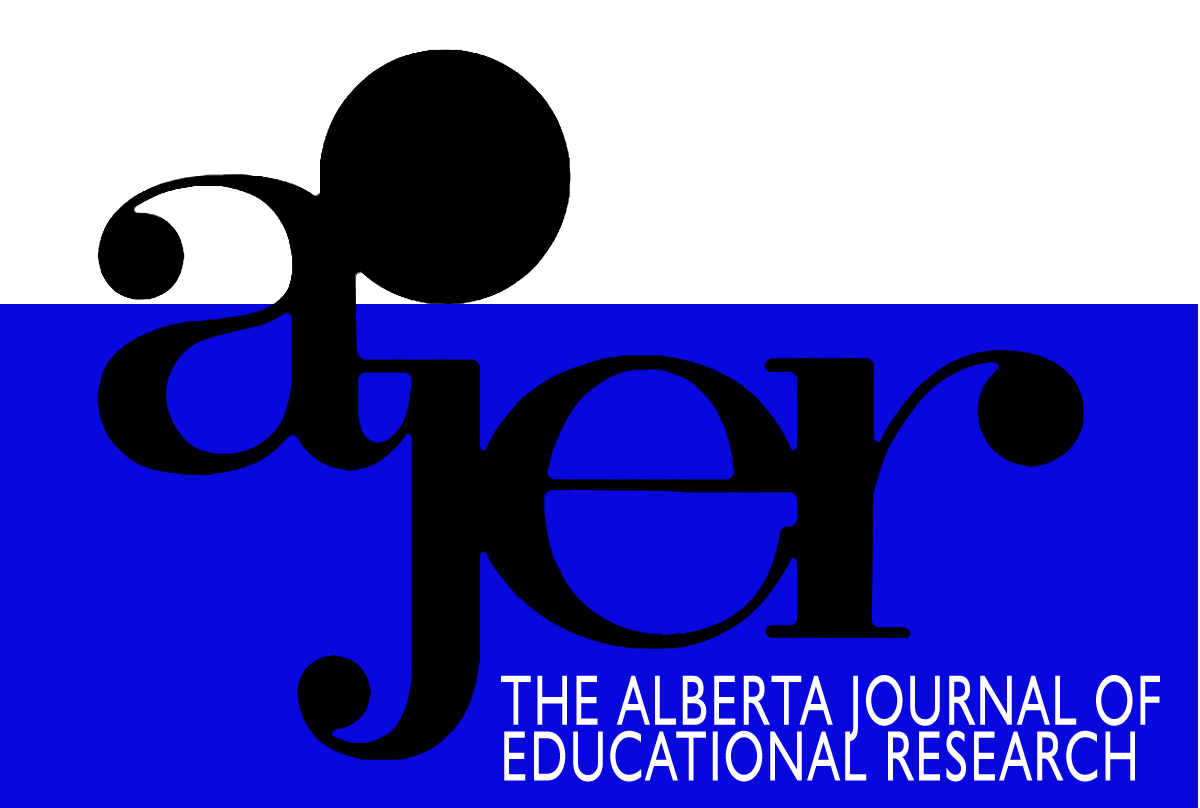Race and Populist Radical Right Discourses: Implications for Roma Education Policy in Hungary
DOI:
https://doi.org/10.55016/ojs/ajer.v61i4.56122Keywords:
Roma, Populist radical right, Hungary, Education policy, Discourses, Mots clés, Roms, extrême-droite populiste, Hongrie, politique éducative, discoursAbstract
Non-government organizations and policy makers agree that the best route to eradicating the widespread discrimination and poverty among the Roma is to improve the quality of and access to education. A cursory glance at the Hungarian Government website suggests that policy makers are on top of the problem with good laws and initiatives in place. Yet, indicators from non-government groups and academics suggest the situation remains bleak for the Roma, and practices such as the segregation of Roma school children persist. Progressive change in Hungary first requires a serious confrontation of the widespread and deeply ingrained racism against the Roma. This paper makes no attempt at such an ambition; however, the paper aims to begin acknowledging the role race plays in populist radical right discourses about education policies in Hungary using a discourse analysis method informed by Critical Race Theory. The paper advances two arguments. First, there is a mismatch between official policy and actual progress on Roma education. Second, an examination of how populist radical right discourses about the Roma are racialized provides insight into why there is a mismatch.
Les organisations non-gouvernementales et les décideurs publiques sont d’accord pour dire que la meilleure façon d’éliminer la discrimination répandue contre les Roms et la pauvreté généralisée dans laquelle ils vivent est d’améliorer la qualité de l’éducation qu’ils reçoivent et leur accès à celle-ci. Un examen rapide du site web du gouvernement hongrois laisse penser que les décideurs publiques maitrisent la situation grâce à des lois et des initiatives judicieuses. Toutefois, les indicateurs provenant de groupes non-gouvernementaux et de chercheurs portent à croire que la situation des Roms demeure sombre et que des pratiques telles la ségrégation des élèves roms persiste. Avant de connaitre une évolution positive en Hongrie, il est nécessaire d’affronter efficacement le racisme généralisé et profondément ancré contre les Roms. Cet article ne prétend pas entretenir une telle ambition; il veut plutôt commencer à reconnaitre le rôle que joue la race dans les discours de groupes populistes d’extrême droite évoquant les politiques hongroises en matière d’éducation. La méthode employée est celle d’une analyse du discours appuyée par la théorie critique axée sur la relation entre la race et la loi. L’article fait deux affirmations : d’abord, il y a une inadéquation entre la politique officielle et les progrès réel quant à l’éducation des Roms et deuxièmement, un examen de la racisation des discours de groupes populistes d’extrême droite portant sur les Roms offrent des explications sur l’existence de cette inadéquation.
Downloads
Downloads
Published
How to Cite
Issue
Section
License
UNIVERSITY OF ALBERTA COPYRIGHT LICENSE AND PUBLICATION AGREEMENT
If accepted, authors will be asked to sign a copyright agreement with the following points:
A. Where there is any inconsistency between this Copyright License and Publication Agreement and any other document or agreement in relation to the same subject matter, the terms of this Agreement shall govern.
B. This document sets out the rights you are granting in relation to publication of your article, book review, or research note entitled (the “Article”) through inclusion in the academic journal titled Alberta Journal of Educational Research (the “Journal”) published through the Faculty of Education, representing the Governors of the University of Alberta (the “Journal Editor”).
C. There will be no payment to you for this publication and grant of rights. In consideration of the agreement to publish the Article in the Journal:
1. You are warranting that:
- the content of the Article is your original work, and its content does not contain any material infringing the copyright of others; or, where the Article is not entirely your original work, you have obtained all necessary permissions in writing to grant the rights you are giving in this agreement;
- the content of the Article does not contain any material that is defamatory of, or violates the privacy rights of, or discloses the confidential information of, any other person;
- the Article has not been published elsewhere in whole or in part, and you will not allow publication of the Article elsewhere without the consent of the Journal Editor;
- the names of all co-authors and contributors to the Article are:
2. You agree to license the copyright in the Article to the Journal Editor, on a worldwide, perpetual, royalty free basis; and to the extent required by the terms of this agreement. You shall retain the right at all times to be acknowledged as the/an author of the Article.
3. You further agree that the Journal Editor has the entitlement to deal with the Article as the Journal Editor sees fit, and including in the following manner;
- The right to print, publish, market, communicate and distribute the Article and the Journal, in this and any subsequent editions, in all media (including electronic media), in all languages, and in all territories, ing the full term of copyright, and including any form of the Article separated from the Journal, such as in a database, abstract, offprint, translation or otherwise, and to authorize third parties to do so;
- The right to register copyright of the Journal;
- The right to edit the Article, to conform to editorial policy as the Journal Editor sees fit.
4. If any co-author or contributor to the Article does not sign this agreement, the Journal Editor reserves the right to refuse to publish the Article.



